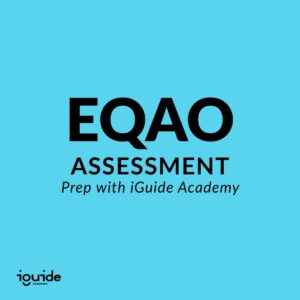If your child is having trouble learning to read, they might need help with something called phonological awareness. This is the skill of hearing and working with sounds in words, like rhymes, syllables, and the smaller sounds that make up words. Phonological awareness is super important for learning to read, and without it, reading can feel really hard. The good news is, understanding this skill can help your child get better at reading. Let’s take a closer look at what phonological awareness is and why it matters so much.
What is Phonological Awareness?
Phonological awareness is a broad skill that includes recognizing and working with sounds in spoken language. This includes larger units of sound like words, syllables, and rhymes, as well as smaller units like phonemes.
Importance of Phonological Awareness
Phonological skills are important because they form the foundation for learning to read and write. They help children understand how sounds work in words, which is a critical step before they can learn phonics, spelling, and recognizing words. Without strong phonological skills, children may struggle with these essential reading and writing skills, making it harder for them to become confident readers. Developing phonological skills early gives children the tools they need to succeed in reading and beyond.
How to Foster Phonological Awareness?
1) Rhyming Games and Songs:
Engage children in rhyming activities such as singing nursery rhymes, playing rhyming word games, or reciting silly rhymes. Rhymes assist children in identifying common sound patterns as well as improving their capacity to differentiate and manipulate sounds.
2) Sound Segmentation:
Encourage children to break down words into distinct sounds or syllables. Choose known short poems, such as
“I scream, you scream, we all scream for icecream!” (Allow children to clap their hands after each syllable).
Ask children to segment their names into syllables, such as
Har-per, Ez-ra, Ab-ra-ham, and Ja-son.
When children have mastered removing a word’s first phoneme (sound), teach them to segment short words into separate phonemes, such as
s-u-n, p-a-t, and s-t-o-p.
3) Wordplay:
Wordplay is manipulating words’ sounds by adding, deleting, or swapping them. For example, tell children to speak “bat” without the /b/ sound or “pan” without the /p/ sound. These activities help students understand how sound manipulation impacts word meaning.
4) Phonics Instruction:
Explain the relationship between sounds and letters through comprehensive phonics instruction. Teach children how to combine sounds to read words and segment sounds to spell words.
Conclusion
In conclusion, phonological awareness is a vital skill that helps children understand the sounds in words, laying the foundation for reading and writing. Without it, learning to read can be challenging. By fostering sound recognition skills early, children gain the tools they need to become confident readers.
About iGuide Academy
We at iGuide’s English Tutoring realize the significance of oral language awareness and phonemic skills in a child’s literacy development. Our expert English reading and writing tutors are committed to using research-based methods and engaging exercises to develop sound blending and segmentation skills, laying the groundwork for a solid reading foundation. Let us work together to enable children to explore the world of words.







